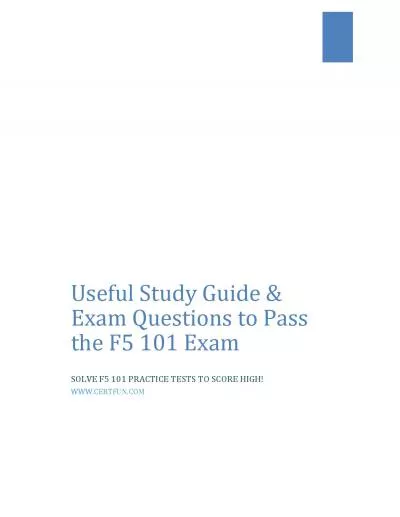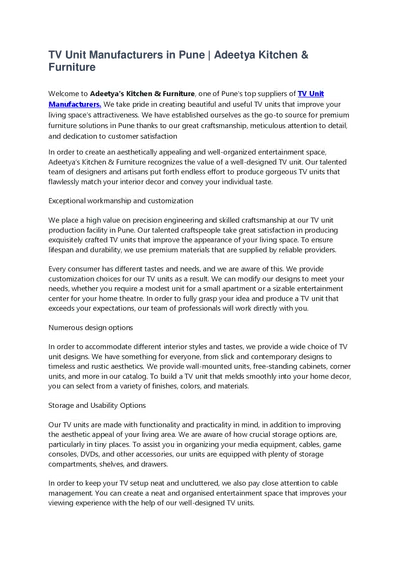PPT-Unit 2: Addiction 101 © Stanford University
Author : ellena-manuel | Published Date : 2018-11-04
In this presentation Definition of Addiction Addiction Myths Addiction Physiology Effects of Addiction Definition of Addiction PairShare Brainstorm How do you
Presentation Embed Code
Download Presentation
Download Presentation The PPT/PDF document "Unit 2: Addiction 101 © Stanford Univer..." is the property of its rightful owner. Permission is granted to download and print the materials on this website for personal, non-commercial use only, and to display it on your personal computer provided you do not modify the materials and that you retain all copyright notices contained in the materials. By downloading content from our website, you accept the terms of this agreement.
Unit 2: Addiction 101 © Stanford University: Transcript
Download Rules Of Document
"Unit 2: Addiction 101 © Stanford University"The content belongs to its owner. You may download and print it for personal use, without modification, and keep all copyright notices. By downloading, you agree to these terms.
Related Documents



![http://cs273a.stanford.edu [BejeranoFall14/15]](https://thumbs.docslides.com/540407/http-cs273a-stanford-edu-bejeranofall14-15-.jpg)
![http://cs273a.stanford.edu [BejeranoFall15/16]](https://thumbs.docslides.com/596167/http-cs273a-stanford-edu-bejeranofall15-16.jpg)








